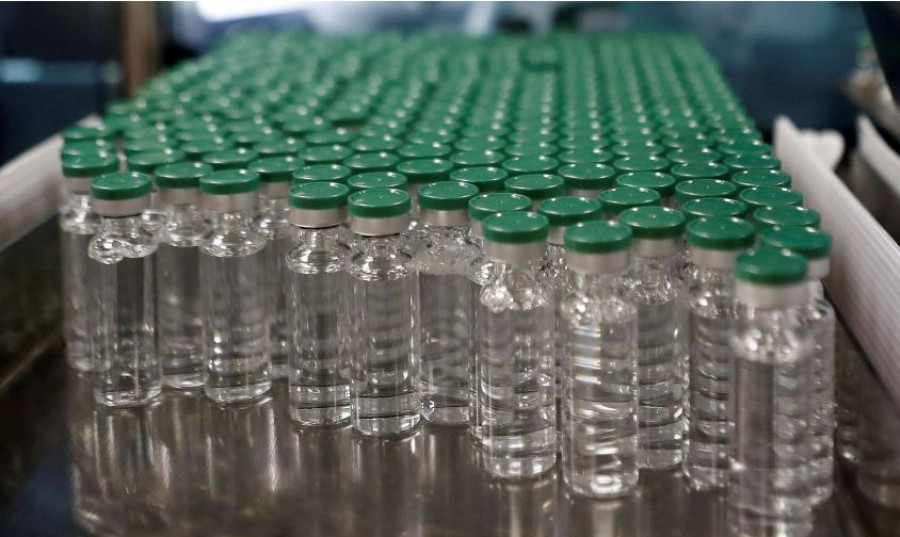Health
Government to allow private companies to import Covid-19 vaccines
Drug regulator issues notice asking interested companies to apply to import the jabs.
Arjun Poudel
The Ministry of Health on Sunday decided to allow private companies to import Covid-19 vaccines.
A meeting of senior officials at the ministry took the decision to that effect, according to an official at the ministry.
“We have decided to let private companies import Covid-19 vaccines,” the official told the Post asking not to be named. “Those who wish to get the jabs now can get inoculated by paying on their own from private health facilities.”
The ongoing vaccination drive, which is in its second phase, is being run with the vaccines that the government has procured, and these jabs are being given for free.
In the second phase, the government is inoculating people over 65 years of age.
Officials say once private companies start importing vaccines, whoever willing to pay can take the vaccine by paying the amount set by the government.
Meanwhile, the Department of Drug Administration on Sunday issued a notice, asking interested manufacturing companies and their authorised importers or sellers to apply to import the vaccines, within seven days with all required documents.
“Companies have to import only those vaccines to which we have given emergency use approval or those that have got emergency use listing from the World Health Organisation,” Santosh KC, spokesperson for the department, told the Post. “Interested companies can include up to 10 percent profit in the vaccine.”
The department has also asked the companies to include estimated projections of the time and doses of vaccine they could import in each lot.
Earlier, the Health Ministry had said that it will not allow private companies to import vaccines until it inoculates 20 percent of the population on its own.
As of Sunday, only around five percent of the population has received their first dose of the vaccine.
Nepal launched its Covid-19 vaccination drive on January 27 with the one million doses of vaccine it received from India under a grant assistance. In the first phase, frontline workers including health workers, sanitation workers, female community health volunteers, security personnel deployed for management of bodies of the people infected with coronavirus, prisoners, and those residing in old age homes were inoculated.
Journalists, staff serving at diplomatic missions, lawmakers, staff members of the federal parliament, staff and elected representatives of local levels and provincial governments were also vaccinated.
The government last month signed a deal with the Serum Institute of India for two million doses of vaccine–of which one million doses have arrived.
Under the COVAX facility, Nepal so far has received 348,000 doses of vaccine.
Nepal has to inoculate 72 percent of its 30 million population over 14 years of age.
Vaccines received under COVAX facility would cover around 20 percent of the population.
The Health Ministry has estimated that Rs 48 billion will be needed to inoculate over 21 million population.
Public health experts say allowing the private sector to import the vaccine is a good move but they expressed concerns that those who cannot pay for the vaccine could be left out. The government must ensure a mechanism to ensure that everyone gets the vaccine, according to them.




 14.24°C Kathmandu
14.24°C Kathmandu















